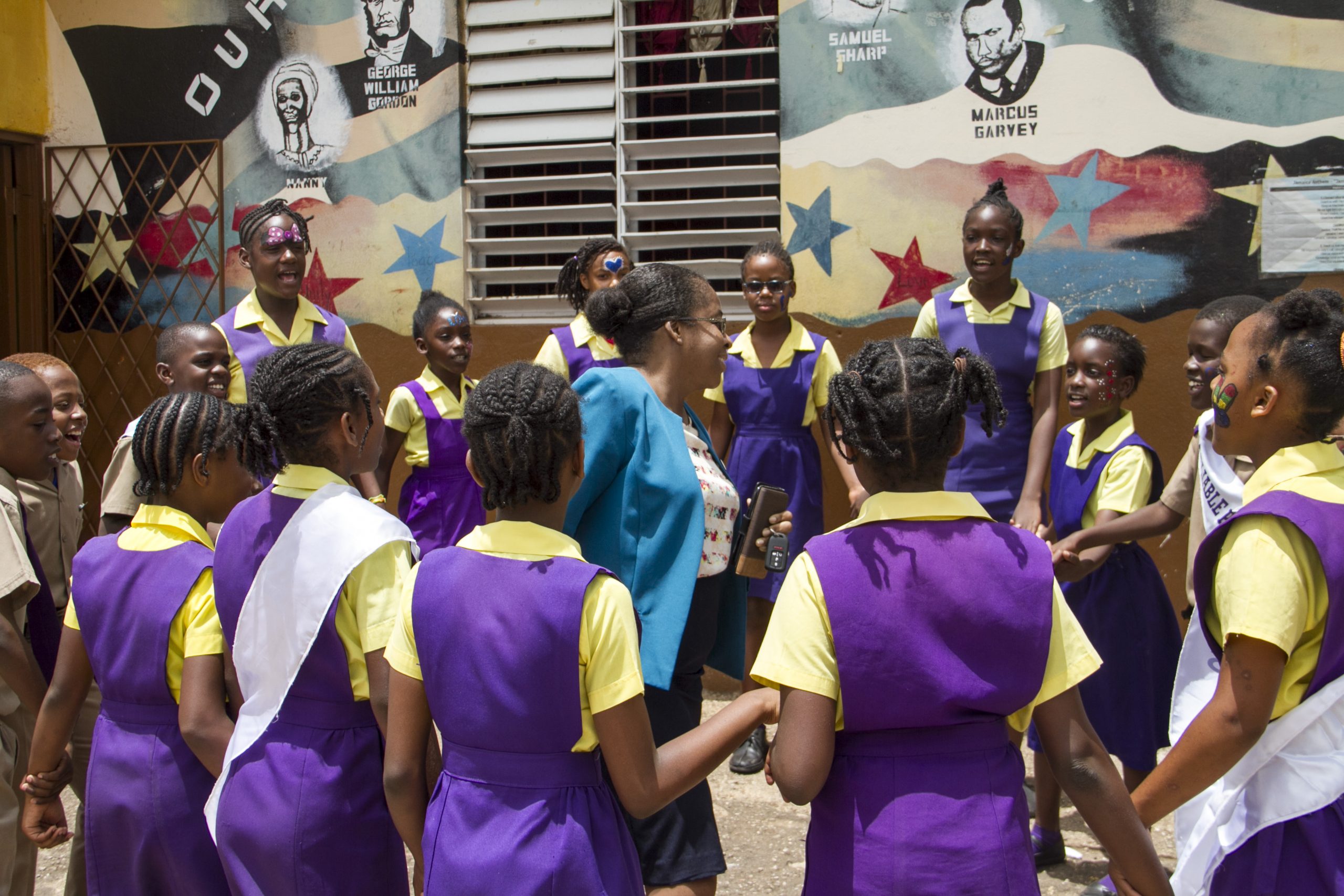


Middle leadership can be considered as the conduit through which the organisational vision, goals and instructions are transferred.
Hence, the Strategic Middle Leadership Initiative (SMLI) was developed to adequately
prepare middle leaders with the skills needed to effectively manage and support and transfer ideas and information effectively. This course will, therefore, equip middle leaders with the tools necessary to allow the transfer of information and ideas in the most optimal manner, whilst managing the many possible conflicts, misunderstandings or disconnections that may arise.

The Leadership for Safer Schools (LSS) course is designed to support school leaders in creating safer environments to reduce school-related and gender-based violence. The course was developed on the premise that interventions to reduce gender-based violence must be grounded in behaviour change brought about by the development of non-threatening school environments where the rights of children are respected and promoted.

This course is designed with two (2) levels to introduce the concepts and principles that are central to Child-Friendly Schools (CFS) within the Global context (Level I) and to further explore these concepts and principles in the Jamaican school context (Level II).

The Effective Principals’ Training Programme (EPTP) is a professional development programme designed to keep in-service principals abreast of the latest developments in school leadership. The modules are designed to sensitise and prepare participants for the dynamic role of school leadership in a transformed ministry. The programme utilises hands-on application, while keeping an eye on the Education Act and Regulations. The EPTP empowers principals to take on the challenges and opportunities that they will face in the effective management of a school.

The Leadership and School Policy (LSP) course was designed and developed stemming from the need to ensure that school and system leaders are adequately aware of and guided by the policies developed and stipulated by the Ministry of Education (MoE) to guide the practices in public schools. The course comprises two (2) levels.

The Aspiring Principals’ Programme (APP) was designed to adequately prepare individuals for the task of principalship prior to their being in post. The programme was developed against the background that, despite studies on the critical role of school leadership and student success, Jamaica continues to promote good classroom teachers to principalship without first providing them with the requisite training and scaffolding. The APP, therefore, serves as an opportunity to attract talent, identify high quality applicants and ensure a ready supply of well-trained participants.

The course seeks to provide participants with an understanding of the nature and needs of students with disabilities and other exceptionalities. Participants will explore key concepts in establishing inclusive schools and engage in an analysis of their own school processes and how these may be restructured to be more inclusive through comprehensive school reform. By the end of the course participants would have developed an inclusion action plan for their schools.

Multi-grade schools are schools with organisational structures in which two or more classes are the responsibility of one teacher, simultaneously. Such a design is usually associated with poor, rural, and sparsely populated communities but a few may also be found in volatile urban areas.
The Multi-Grade School Leadership Initiative (MGSLI) is aimed at transforming the way multi-grade school leaders are supported in handling the exigencies of the school type.
The NCEL provides multi-grade school leaders with the requisite support by hosting symposiums, conducting field visits, and facilitating customised capacity-building sessions and webinars. These initiatives are geared towards creating a collaborative platform for Multi-grade leadership practitioners to share their experiences and best practices that they have employed to improve student outcomes within their school’s context.

The Customized Professional Intervention (CPI) involves the design and delivery of workshops, seminars and training sessions aimed at improving the leadership competencies within the context of the national inspection framework.